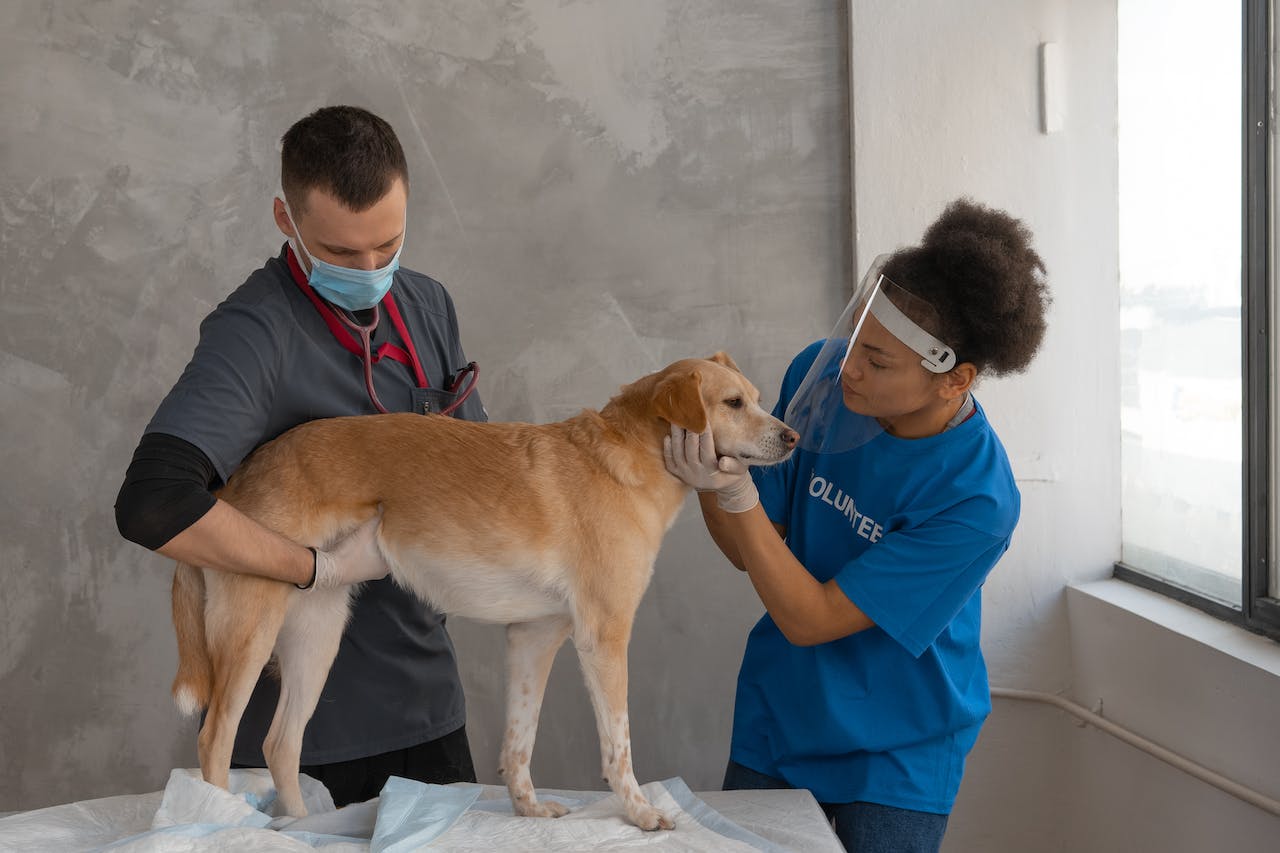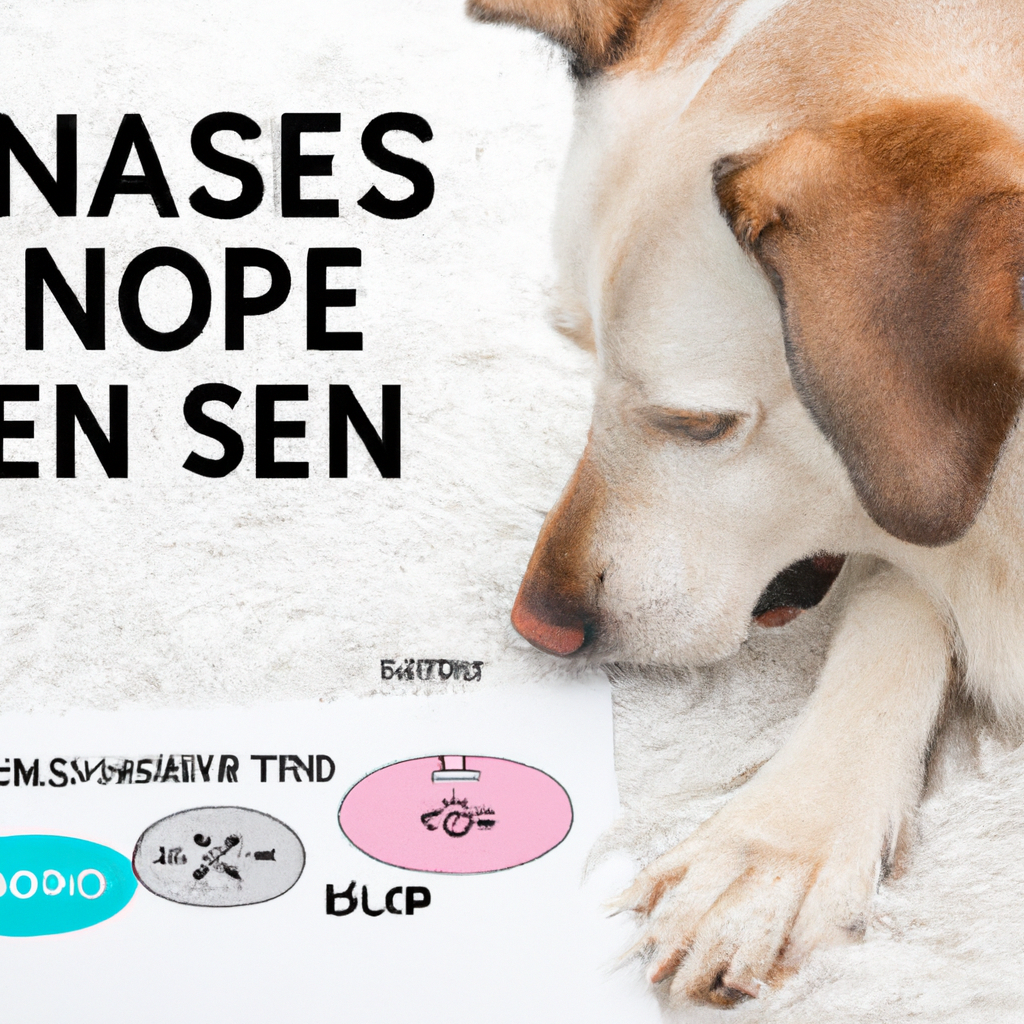Tips for Preventing and Treating Seasonal Allergies in Dogs
Tips for Preventing and Treating Seasonal Allergies in Dogs Introduction Just like humans, dogs can also suffer from seasonal

Tips for Preventing and Treating Seasonal Allergies in Dogs

Introduction
Just like humans, dogs can also suffer from seasonal allergies that can cause discomfort and distress. Common allergens for dogs include pollen, dust mites, molds, and some insects. As a responsible pet owner, it’s essential to be proactive in preventing and treating these allergies to ensure your furry friend’s well-being.
Prevention Tips
- Keep your dog’s living environment clean and free from dust and mold. Regularly vacuum carpets and bedding, and wash their belongings frequently.
- Limit outdoor activities during peak pollen times, usually early morning and late afternoon. Consider taking your dog out for walks when pollen levels are lower.
- Wipe your dog’s paws with a damp cloth after coming inside to remove pollen and other irritants they may have picked up.
- Consider using air purifiers or filters in your home to reduce the presence of allergens in the air.
- Feed your dog a balanced and nutritious diet to boost their immune system and overall health, which can help them cope better with allergies.
Treatment Options
If your dog does develop seasonal allergies, there are several treatment options available to alleviate their symptoms and make them more comfortable.
Medication
Consult with your veterinarian to discuss appropriate medications for your dog’s allergies. Antihistamines can help reduce itching and inflammation, while corticosteroids may be prescribed for severe cases. Always follow your vet’s instructions and monitor your dog for any side effects.
Immunotherapy
Immunotherapy, also known as allergy shots, can be beneficial for dogs with long-term allergies. This treatment gradually desensitizes your dog’s immune system to specific allergens, reducing their allergic response over time. Talk to your vet to determine if immunotherapy is suitable for your dog.
Topical Treatments
For dogs with itchy skin, topical treatments such as medicated shampoos, sprays, or creams can provide relief. These products can help soothe irritated skin and prevent secondary infections caused by scratching.
Regular Bathing
Bathing your dog regularly with hypoallergenic shampoos helps remove allergens from their coat and soothes their skin. Your vet can recommend an appropriate bathing schedule based on your dog’s needs.
Conclusion
Seasonal allergies can significantly impact your dog’s quality of life, but with the right prevention measures and treatment options, you can help alleviate their discomfort. If you suspect your dog may have allergies, consult with your veterinarian to develop a tailored plan that suits your dog’s specific needs.






